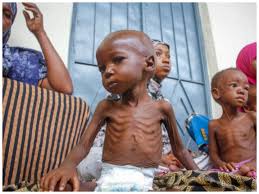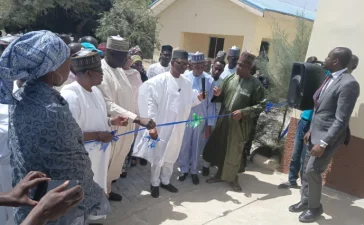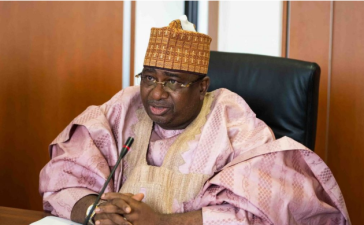Nigeria now ranks second globally and first in Africa on the malnutrition index, according to the Senior Special Assistant to the President on Public Health, Uju Anwukah. She disclosed this on Wednesday at the ongoing National Summit on Nutrition and Food Security in Abuja.
Speaking on the N-774 initiative, Anwukah explained that the programme was adopted to address malnutrition at the grassroots level and has already been endorsed by the National Council on Food Security and the Nigerian Governors Forum.
The Chairman of the House of Representatives Committee on Food and Nutrition, Hon. Chike Okafor, also raised concerns about the economic impact of Nigeria’s nutrition crisis, stating that malnutrition costs the country an estimated $1.5 billion annually.
Okafor referenced data from Nutrition International and the World Bank, noting that the total cost of inaction on food security and malnutrition equates to 12.2% of Nigeria’s Gross National Income—about $56 billion.
He also highlighted post-harvest losses as a major contributor to food insecurity, pegged at $2 billion annually by the Food and Agriculture Organisation (FAO).
“This colossal loss alone is more than the nutrition budgets of the Ministries of Agriculture, Health, Education, and Women Affairs combined,” Okafor said.
“This continued loss is not only unacceptable, but unsustainable given the austere times in which we currently live.”
These sessions, in partnership with the National Institute of Democratic and Legislative Studies (NILDS), are expected to improve oversight of nutrition-related programmes, increase funding efficiency, and foster stronger cooperation with UN agencies, the World Bank, NGOs, and all tiers of government.
“By so doing, we will not only have more money for nutrition, but also more nutrition for the available money,” Okafor concluded.







